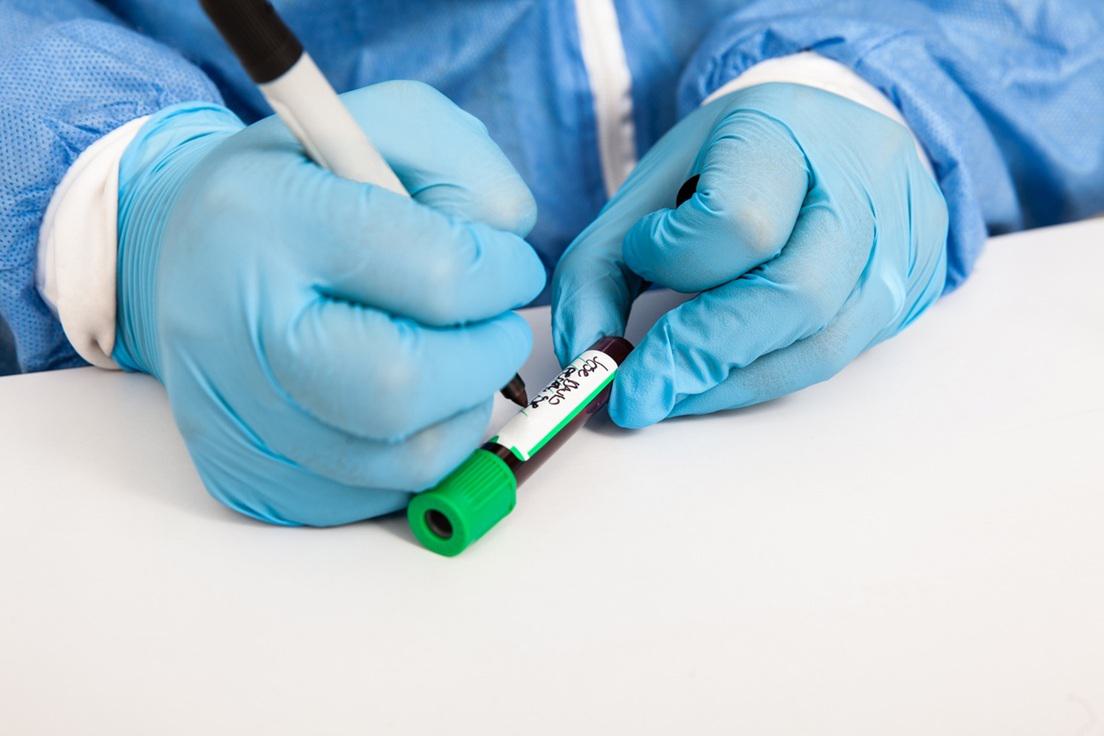Top Reasons for Diagnostic Errors

Every day, millions of medical tests are ordered to diagnose illnesses. Unfortunately, things don’t always go as planned. Miscommunications, mistakes in labeling, delays in processing, and even a lack of training can contribute to errors in diagnoses, which can have life-altering consequences. A new report by ECRI, a patient safety nonprofit, revealed the most common causes of these medical mistakes, and what can be done to prevent them.
The report referenced past studies, finding that an estimated 795,000 of misdiagnosed patients experience permanent disability or death each year.
The ECRI research analyzed more than 3,000 adverse events and near misses from healthcare providers throughout the country, ultimately identifying 1,011 with diagnostic errors. They then delved deeper, finding that nearly 70 percent of the errors happened during testing. This includes ordering the tests, collecting the tests, processing the tests and obtaining results.
There also were errors and delays in communicating those results. More than 23 percent of the testing errors were a result of a technical or processing mistake. For example, the testing equipment was not used properly, the specimen was poorly processed, or the clinician didn’t have the skill level to perform the test accurately. About 20 percent of testing errors were due to mixed-up samples, mislabeled specimens, and tests performed on the wrong patient.
In the remaining 30 percent of the cases, about 12 percent of errors happened during monitoring and follow-up.
In some of the cases that ECRI analyzed, tests were not reviewed in a timely manner and/or results not communicated to the patient. Other times, providers did not have the opportunity to consult with other providers due to productivity pressures. If referrals to specialists were part of the process, that was another potential place for the system to fail.
ECRI’s advice for patients included taking proactive steps to reduce the risk of misdiagnosis. This includes:
- Asking about the purpose and urgency of tests
- Ensuring they are scheduled promptly
- Following up on delayed results
Incorrect or delayed diagnoses can be bothersome. They can also be deadly.
If you suspect that you or a loved one is a victim of misdiagnosis at a hospital or doctor’s office, contact one of Philadelphia’s top attorneys for misdiagnosis cases. In the last few years, almost every teaching hospital in the city of Philadelphia has paid 8-figure verdicts and settlements to clients of Tom Duffy.

